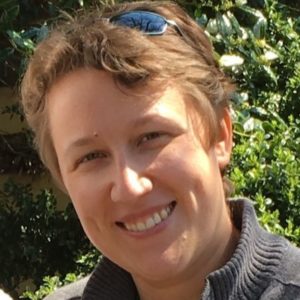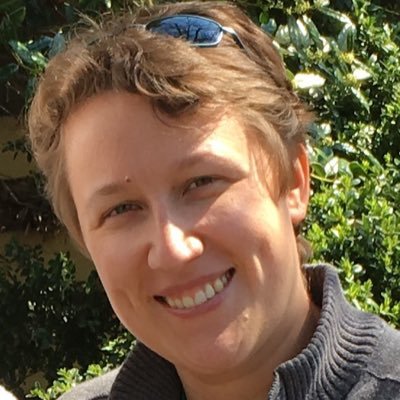
Geraldine Van der Auwera is Director of Outreach and Communications for Data Sciences Platform at the Broad Institute.
In this Conversations in the Cloud podcast, Geraldine Van der Auwera from the Broad Institute describes how her organization leverages Intel Select Solutions for Genomics Analytics.
The Intel-Broad Center for Genomic Data Engineering was launched in 2017 and works to optimize data pipelines and make data available more quickly. Genomics analysis creates enormous amounts of data to process, and together they developed Intel Select Solutions for Genomics Analytics. Geraldine finds value in Select Solutions because the provided configurations are tailored for genomics workloads. They are verified by Intel, customized for complicated genomics pipelines, and ready to work right out of the box. The result is end-to-end processing that’s faster and won’t create a backlog.
Developed in the Data Sciences Platform at the Broad Institute, the GATK toolkit offers a wide variety of tools with a primary focus on variant discovery and genotyping. Its powerful processing engine and high-performance computing features make it capable of taking on projects of any size.
Geraldine Van der Auwera directs outreach and communication efforts for the Data Sciences Platform at the Broad Institute, and serve as an educator and advocate for researchers who use our software and services. This includes GATK, the Broad’s industry-leading toolkit for variant discovery analysis; the Cromwell/WDL workflow management system; and Terra.bio, a cloud-based analysis platform that integrates computational resources, methods repository and data management in a user-friendly environment. As part of my outreach role, I provide guidance to our User Education team for the development of workshops and other educational materials. I have 7 years of experience teaching workshops to audiences ranging from novice to expert, typically on topics that combine biology, genomics and computational challenges. I’m comfortable with a variety of formats including ad-hoc Q&A, panels, talks, multi-day workshops and hackathons. I’m always looking to learn about new approaches to extend my range and adapt to new audiences. Oh yeah, I have a PhD in microbiology that is very little use to me nowadays… but no regrets.




